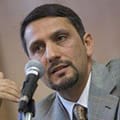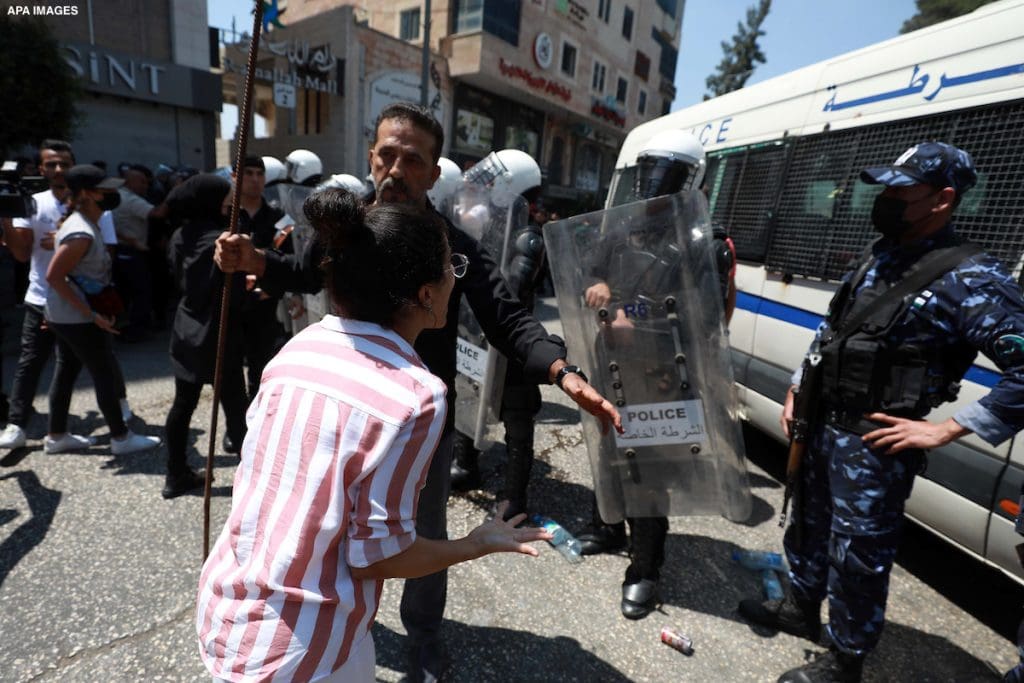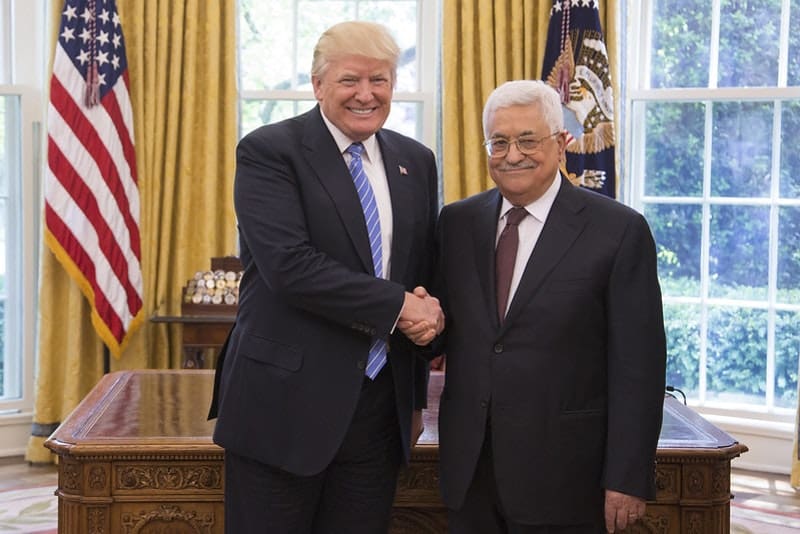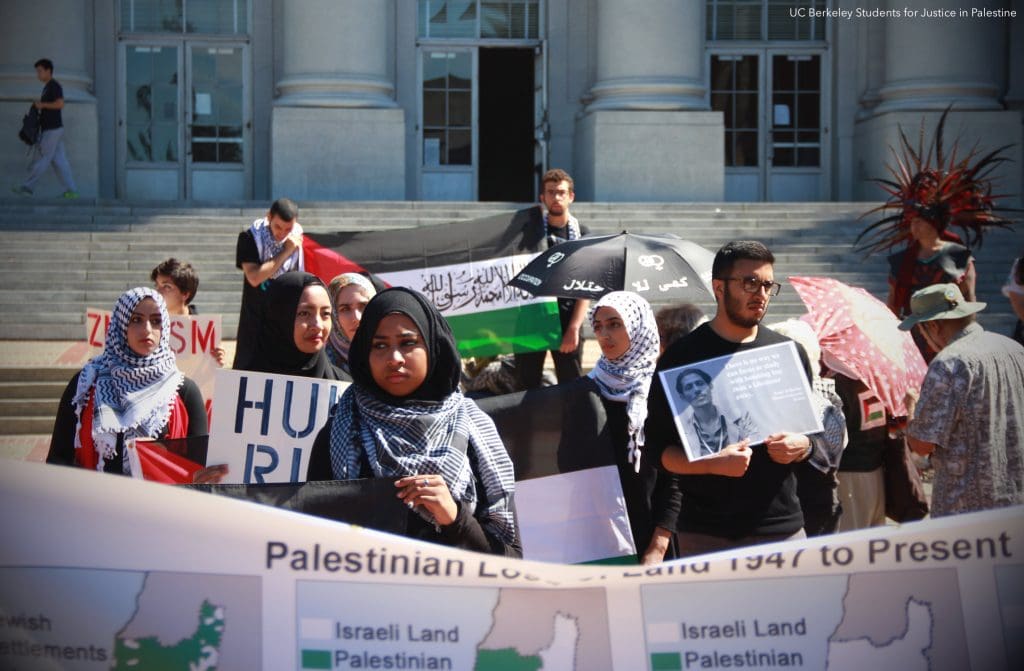Hatem Bazian is a senior lecturer in the Departments of Near Eastern and Ethnic Studies at the University of California, Berkeley. He has taught at Berkeley’s Boalt Hall School of Law and is also a visiting Professor in Religious Studies at Saint Mary’s College of California and adviser to Berkeley’s Religion, Politics and Globalization Center as well as Academic Affairs Chair at Zaytuna College of California. He also founded Berkeley’s Center for the Study and Documentation of Islamophobia, a research unit dedicated to the systematic study of Othering Islam and Muslims. He is also Chairman of the Board of American Muslims for Palestine.
From this author
Punctuated by the outbreak of the Unity Intifada in May 2021, the trajectory of Palestinian resistance is experiencing a watershed phase marked by new actors and themes. With the effective neutralization of the Palestinian Liberation Organization (PLO) since the 1993 Oslo Accords, the deepening geopolitical fragmentation of Palestinians across colonized Palestine and the world, and the global shift to cyberspace, new opportunities — and threats — to Palestinian resistance have emerged.




+
Sam Bahour,Rana Barakat,Mary Nazzal-Batayneh, + MoreOroub el-Abed,Nadia Hijab,Victor Kashkoush,Anis Kassim,Osamah Khalil,Mouin Rabbani,Jamil Hilal,Loubna Qutami,Haidar Eid,Yara Hawari,Nadim Nashif,Raya Naamneh,Omar Barghouti,Marwa Fatafta,Tariq Dana,Hatem Bazian,Noura Erakat,Alaa Tartir,Issam Younis,Nada Awad,Nur Arafeh,Diana Buttu,Ingrid Jaradat Gassner· Aug 26, 2021
Over the past four years, the Trump administration has enacted major long-term changes to US policy vis-à-vis Palestine. What possibilities lie ahead for the next administration to either expand or reverse this trajectory, and how can Palestinians leverage their power to influence future decision-making?



Palestine Legal recently published a report noting that the majority of suppression of Palestine advocacy in the US targets students and faculty. In particular, 89% of such incidents occurred on college campuses in 2014, and 74% in 2019. While these statistics illuminate the current struggle that university-based advocates for Palestinian rights are facing, it is also critical to trace the development of Palestine advocacy on US college campuses.

Hatem Bazian· Apr 21, 2020









